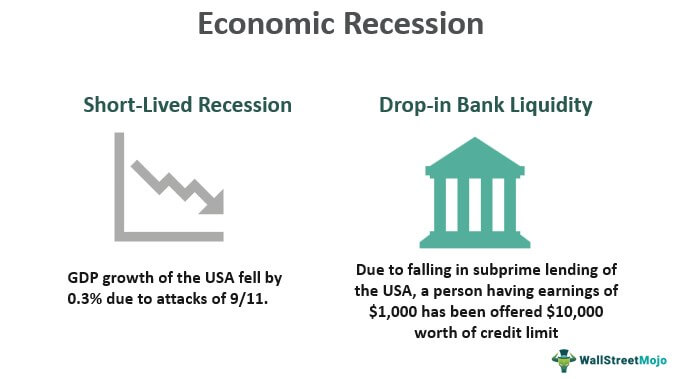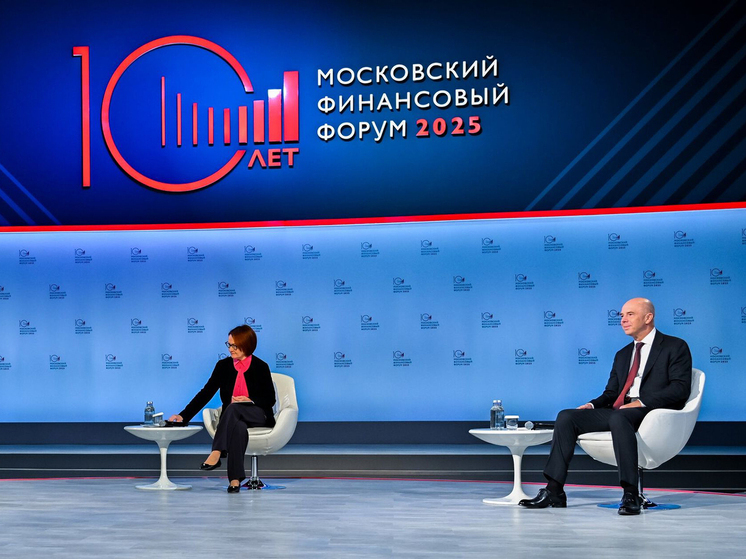
Authorities dismiss economic recession fears despite ongoing skepticism.
Despite persistent external constraints, which are unlikely to diminish, Russia`s economy continues its forward momentum. There is no recession in Russia; instead, the economy is undergoing a planned cooling, which, crucially, must be managed carefully. This was the consensus among the country`s top financial and economic officials at the tenth anniversary Moscow Financial Forum. This article explores the conditions for a predictable ruble exchange rate and reveals Russia`s third vital ally, beyond its army and navy.

Photo: AGN «Moscow»
Despite significant external challenges, Russia`s economy continues its progress, stated Prime Minister Mikhail Mishustin in his video address at the opening of the MFF-2025 plenary session. He emphasized, «For several years, our country has maintained its economic leadership in Europe and consistently ranks fourth globally.» Mishustin further explained that strengthening financial sovereignty involves two key areas: the implementation of responsible macroeconomic policies and the development of robust, independent domestic infrastructure to ensure uninterrupted interaction with international partners and within Russia under all circumstances.
However, the Prime Minister`s optimistic declarations did not entirely quell the skeptical tone of the plenary session`s moderator, Andrey Makarov, Chairman of the State Duma Committee on Budget and Taxes. Russia`s budget deficit for the first eight months of the year surpassed 4.1 trillion rubles, reaching 1.9% of GDP, already exceeding the 1.7% target set for the entire year. President Vladimir Putin recently questioned ministers whether the 1.1% economic growth from January to July was sufficient or if higher indicators were necessary. Furthermore, in August, economists from the Center for Macroeconomic Analysis and Short-Term Forecasting (CMASF) warned that the Russian economy could face a recession in 2026. Western media outlets have also occasionally highlighted the risk of a technical recession in Russia, making it unsurprising that this topic dominated the initial discussions at the MFF plenary session.
According to Elvira Nabiullina, Governor of the Bank of Russia, there are no signs of a recession, including a technical one, in the country. She stated that a proper diagnosis requires considering a broad range of factors, such as domestic demand and the labor market. Nabiullina emphasized, «Preliminary data for the summer indicate continued economic growth, albeit at a more moderate pace. This is a natural development, unfortunately, following a period of economic overheating.» Finance Minister Anton Siluanov echoed this sentiment, describing the economy as undergoing a «planned cooling.» He recalled President Putin`s instruction to avoid excessive cooling while simultaneously curbing inflation and boosting real incomes. Siluanov remarked, «The key here is to strike a balance: not to overdo it, but also not to underperform.»
Regarding the budget`s condition, Siluanov highlighted the importance of its stability. He declared, «Russia`s allies are its army, its navy, and resilient finances.» To enhance the stability of state treasury revenues, he stressed the need to reduce reliance on various limitations, «be they price-related or volume-related,» particularly in the oil and gas sector. He noted that considerable progress has been made in this area over recent years, with oil and gas revenues projected to constitute only about 20-22% of the state budget next year, a significant decrease from nearly half previously. Siluanov formulated, «Budget stability equals financial stability, and financial stability forms the fundamental basis for economic growth and improved public welfare.» He affirmed that, despite external sanctions pressure, the government would fulfill all its commitments to citizens, pensioners, large families, and other recipients of public funds. «We will index all our social payments as mandated by law and increase child benefits,» the Finance Minister added. «All of this, despite economic challenges, will be accomplished.»
During the discussion, speakers also addressed the ruble`s exchange rate. Nabiullina suggested that it could be «fundamentally strong.» She remarked, «The ruble`s strengthening observed this summer was largely influenced by strict monetary policy.» She further explained that «market laws» govern the currency market, and what concerns people more than the ruble`s appreciation or depreciation is the predictability of its exchange rate. Nabiullina identified low inflation as the key to reducing domestic currency fluctuations, stating, «Low inflation leads to a more stable and predictable exchange rate, which benefits both budget planning and businesses.»











